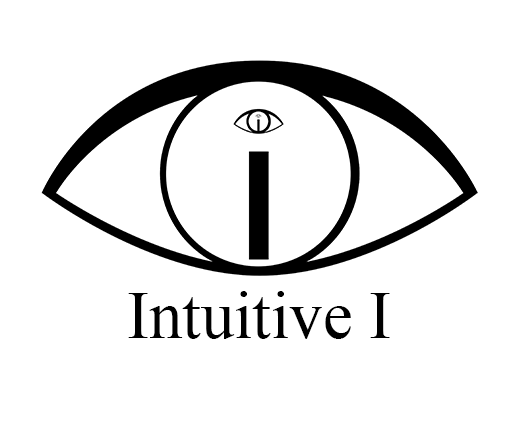Intuitive-I General Moral Practices
- When I refer to or use intuition, I am engaging it as a skill that is rooted in pattern recognition and educated guesses (based on those patterns). This is how I experience intuition within myself. It is not my intent to rule out the possibility of other forms of intuition (i.e. as a psychic ability or communion with one or more incorporeal beings). In my experience, it is often the case that there are multiple ways of understanding the same thing (i.e. through science or spirituality). I only wish to ensure that anyone who engages with me understands what I can offer.
- All readings, consultations, or other forms of private interaction are just that, private. The decision to share the information with someone else (during or after our interaction) is entirely your decision to make. (Note: In some cases, a parent or guardian may need to be present throughout the interaction.)
- Any information I provide to you should be regarded as a theory, a possible answer for you to consider before making your own decisions.
- If at any point during the conversation, you feel that the information being provided is becoming challenging or upsetting, there is always the option to pause, take a break, change topics, or continue another time.
- Every personality has both virtues and shortcomings, and no personality type is without merit (or perfect). Everyone has things that they find challenging, and there is no shame in that.
- Learning about the nature of your personality does not change who you are. It merely offers some potential insights into what is already true about you. And understanding yourself often makes it easier for you to change (if you want to).
- Personality Theory focuses on the underlying patterns that combine into the nature of a person, and the idea that through better understanding of a person’s nature, we can make better choices, but it’s important to keep in mind that Personality Theory only offers information, not advice. It can’t tell us what to do. It can only offer us a greater sense of how people may act and react (in a given situation).
Before engaging with me, I ask that you consider the following:
A. The insights that I am able to offer depend upon my understanding of you. Therefore, the more honest you are with me, the more effectively I can use what you share to help me understand the patterns of your nature (and offer insights accordingly).
B. The processes I use sometimes feature rules (requiring you to choose one thing or another). The extent to which I can offer accurate insights depends upon following these rules as you go through my processes.
C. If I feel that you may be having a difficult time, I may pause the interaction to check in with you. If you feel that there is anything I should know ahead of time (about how you react or express yourself), feel free to share it. If there are any conventions about how you prefer to be engaged (or how you prefer to respond), feel free to let me know.
D. First and foremost, this is intended to be a fun, interesting experience. If you feel that you are in need of urgent care and support, I suggest seeking out a professional (such as a therapist or counselor). Personality Theory can sometimes help someone who is struggling, but if someone is in a very vulnerable state, Personality Theory can sometimes bring up sensitive issues that may be too upsetting (at that time) to be engaged.
